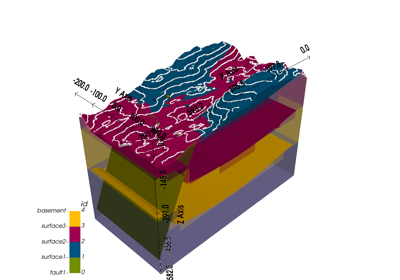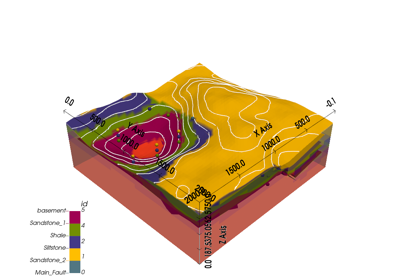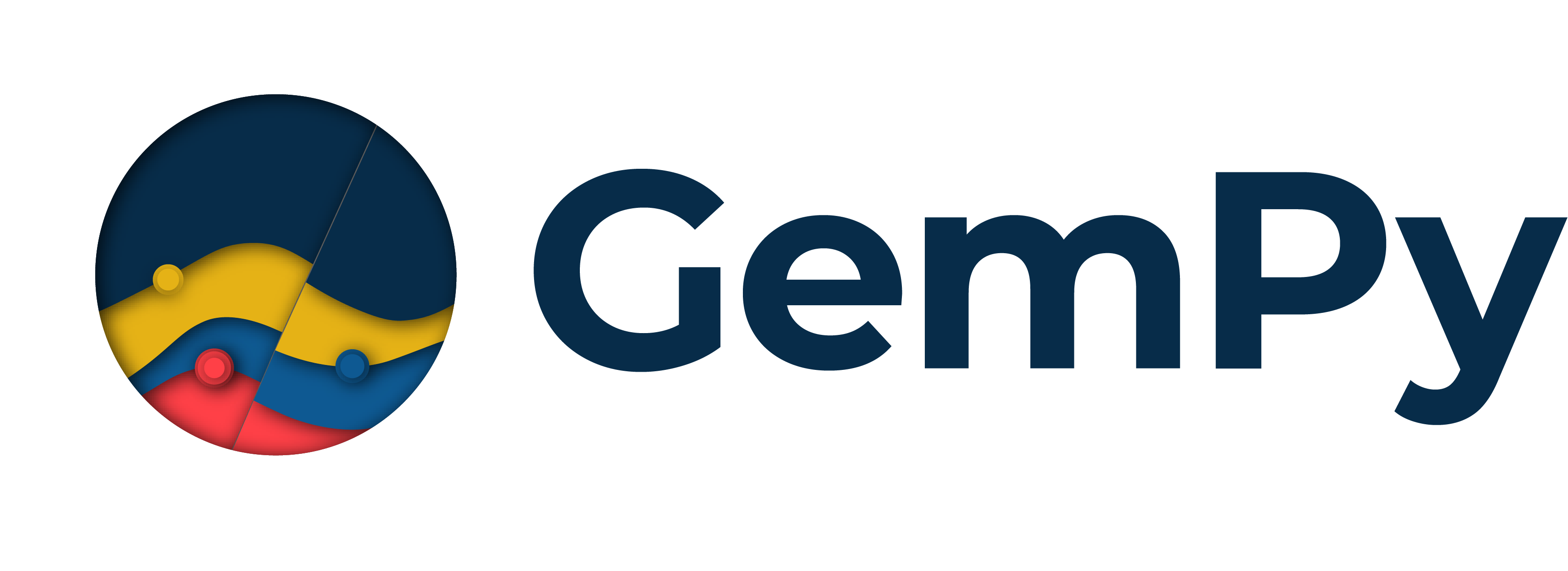gempy.core.data.StructuralElement¶
- class gempy.core.data.StructuralElement(name: str, surface_points: SurfacePointsTable, orientations: OrientationsTable, id: int | None = -1, is_active: bool | None = True, color: str | None = None)[source]¶
Class that represents a structural element in a geological model.
Examples using
gempy.core.data.StructuralElement¶Methods
__init__(name, surface_points, orientations)Attributes
colorThe edges of the element in 3D space.
has_dataidindexis_basementnumber_of_orientationsnumber_of_pointsThe scalar field value for the element.
structural_groupThe vertices of the element in 3D space.
The name of the structural element.
The active state of the structural element.
The points on the surface of the structural element.
The orientations of the structural element.
- vertices: ndarray | None = None¶
The vertices of the element in 3D space.
- edges: ndarray | None = None¶
The edges of the element in 3D space.
- scalar_field: float | None = None¶
The scalar field value for the element.
- __init__(name: str, surface_points: SurfacePointsTable, orientations: OrientationsTable, id: int | None = -1, is_active: bool | None = True, color: str | None = None)[source]¶
- name: str¶
The name of the structural element.
- surface_points: SurfacePointsTable¶
The points on the surface of the structural element.
- orientations: OrientationsTable¶
The orientations of the structural element.
- is_active: bool¶
The active state of the structural element.



